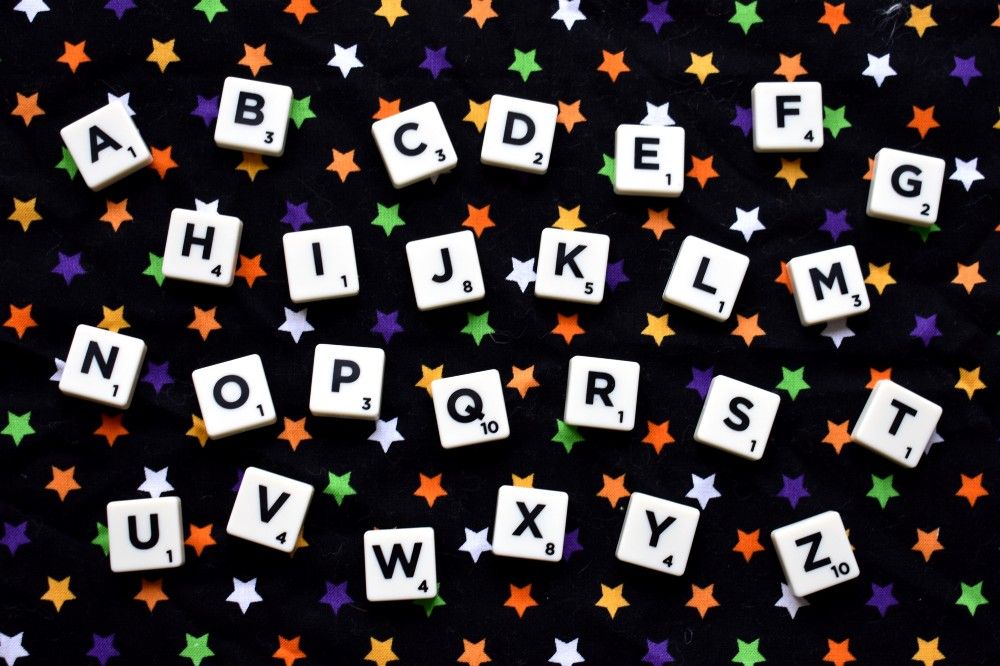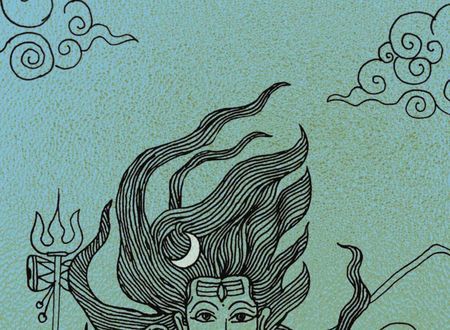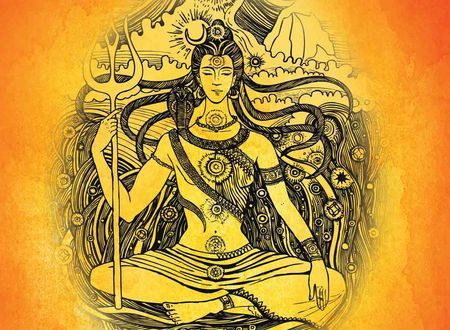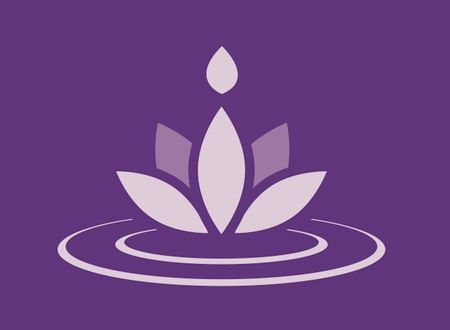An acrostic is a list where the first letter of each new line spells out a word or a message. An Abecedarius is a special type of acrostic where the first letter of each new line follows the order of the letter of the alphabets.
In an os.me writing workshop, editor-in-chief Medha Shri made the participants write an abecedarius article. In a subsequent edition of the workshop, Medha Shri upped the ante — she made participants write an abcedarius in reverse — the first sentence starts with Z and we go in reverse order of the alphabets.
Book lovers gravitate towards books. Therefore, I decided, why not write an abcedarius book recommendation article? This is not an original idea — I’ve seen other A-Z book lists before. An Abcedarius book list article is a great opportunity to write about my book recommendations.
I decided to set some ground rules for this article. I wouldn’t include a book for the sake of filling up one letter of the alphabet. Each book would be book that I would wholeheartedly recommend to the reader. This meant that if I had to cheat on a few of the letters, so be it.
Here is my list of A-Z book recommendations.
A — Awaken the Giant Within by Anthony Robbins
Tony Robbins is a force of nature.
In his two flagship books Unlimited Power and Awaken the Giant Within, Robbins outlines several strategies to achieve self-mastery.
B — The Book of Kindness by Om Swami
Kindness is a definitive means to achieve true happiness.
Swamiji presents inspiring real-life anecdotes that illustrate kindness, and explores the neuroscience behind kindness in this life-changing book.
Kindness pays.
The Book of Kindness helps reinforce the beautiful quality of kindness.
C — The Compound Effect by Darren Hardy
Good habits compound. So do bad habits.
This is the premise behind Darren Hardy’s The Compound Effect.
This is a relatively short read, but contains powerful ideas that will serve the reader well.
D — Deep Work by Cal Newport
We live in an age where our attention is scattered in various directions.
Cal Newport argues that deep work uninterrupted by distractions is necessary to produce meaningful results.
This is a much-needed book to counteract the harmful social media culture that threatens to take away our most precious resource: our attention.
E — Essentialism by Greg McKeown
Are we spending our time and energy on what is essential?
Greg McKeown produces a must-read that will redefine the way we do things.
F — The Four Agreements by Don Miguel Ruiz
Don Miguel Ruiz outlines four agreements to make with yourself. Living a life in accordance with these agreements is a life well lived.
The Four Agreements are
- Be Impeccable With Your Word.
- Don’t Take Anything Personally.
- Don’t Make Assumptions.
- Always Do Your Best.
Ruiz makes gives compelling reasons to make each agreement with ourselves, and gives us generous doses of Toltec wisdom.
G — Grit by Angela Duckworth
Talent is not the factor that determines success.
Several books in the last two decades make this all-important point. Angela Duckworth’s Grit makes the same point — grit and perseverance are more important than innate talent.
H — Hyperfocus by Chris Bailey
“I knew that my brain never functioned well when I was trying to multitask, but I felt compelled to do it anyway.” — Chris Bailey
This could be the story of any of us. Chris Bailey writes a manifesto for producing our best work by cultivating a superpower: Hyperfocus.
This book is a must-read in this age of constant distractions.
I — Ikigai
Hector Garcia and Francesc Miralles went to Okinawa, Japan where the people live long and it is common to find several 100-year-old people.
They document their findings in their masterpiece Ikigai. Ikigai loosely translates to right purpose. Okinawans love their work and seldom retire — this is a key reason for longevity — doing what you like and making it your life purpose.
Some more tips for longevity from the book:
- Live in a community where people care for one another
- Move a lot
- Eat a lot of veggies
- Try to get into flow states
J — The Journey Home by Radhanath Swami
19-year old Chicago resident Richard Slavin undertakes a journey across continents to pursue his spiritual calling.
The Journey Home is the story of the transformation of Richard Slavin into Radhanath Swami, one of the greatest spiritual leaders of this century. This compelling book outlines the travels of young Slavin, and has life-changing wisdom scattered through the book.
A must-read for anyone interested in spirituality of any kind.
K — Kathopanishad
The Upanishads are some of the main texts that comprise Hindu scriptures.
The main idea behind the Upanishads is that you are not the perishable body — you are a spiritual being for whom there is no birth and no death.
Upanishads are not easily accessible to the lay reader, and require a deep understanding of background Vedanta. The Kathopanishad, however, is accessible to everyone, and is a must-read for any serious student of Vedanta, or for anyone who wants a glimpse into what Vedanta has to offer.
L — The Last Juror by John Grisham
The Last Juror picks up where John Grisham’s first book A Time to Kill ends.
Set in rural Mississippi in 1970, this book is the story of two unlikely friends — a remarkable black lady named Callie Ruffin, whose 7 out of 8 children have PhDs, and a 23-year old college dropout turned journalist named Willie Traynor.
Readers of A Time to Kill will fondly note the characters who appear in both books. A poignant story from start to finish, The Last Juror is guaranteed to move you.
M — Man’s Search for Meaning by Viktor Frankl
Viktor Frankl went through unspeakable tortures in the Nazi concentration camps.
Through the horrific times, he did not lose his sense of meaning and purpose.
If you want to explore the meaning of life, Man’s Search for Meaning is a good place to start.
No one has the right to harm another person, even when wrong is done to them. — Viktor Frankl
N — No Rules Rules by Reed Hastings and Erin Meyer
Netflix CEO Reed Hastings and co-author Erin Meyer write about the Netflix culture and ethos in No Rules Rules.
Very few books can simultaneously entertain and instruct. No Rules Rules is a rare book that accomplishes this. The Netflix culture and policies are interesting, to say the least – many of them are revelations.
O — The One Thing by Gary Keller.
When you focus on one thing — not three things, not two things, but just one — magic happens.
Gary Keller explores this idea in depth in The One Thing.
P — Psychocybernetics by Maxwell Maltz
Maxwell Maltz was a plastic surgeon.
He found that a change in appearance gave his patients a newfound confidence to face life. Somewhere along the line he came to a startling realization: It is possible to improve one’s self image without plastic surgery.
Psychocybernetics contains a set of ideas to help the reader change their self image for the better.
Q — Quiet by Susan Cain
Extroverts usually have the say in matters and introverts take the backseat.
Susan Cain writes this much-needed book to speak up for the introverts. I don’t view myself as an introvert, but I don’t enjoy parties and I don’t consider myself an extrovert.
I found Quiet rather enjoyable even though I disagreed with a few of Cain’s points.
R — Rapt by Winnifred Gallagher
Winnifred Gallagher was diagnosed with cancer.
She stripped her life off of the non-essentials and focused on what was important. Gallagher came to a remarkable conclusion: Our life is defined by what we pay attention to.
After she recovered, Gallagher devoted her life to the science of attention management, and Rapt is a book where she explores the all-important concept of attention.
S — Success Principles by Jack Canfield
Jack Canfield’s Success Principles got me started on the journey of reading non-fiction books.
Canfield, who is one of the co-creators of the Chicken Soup for the Soul series, gives several principles, each of which is self-sufficient to ensure success.
Combining principles gives the reader an unfair advantage and is a surefire recipe for success.
T — If Truth be Told by Om Swami
A 30-year-old millionaire decided to pursue his inner calling and renounce the world.
If Truth be Told is the remarkable memoir of Om Swami. I read this book in December 2014, became an instant fan of Om Swami, and read everything He wrote.
Wisdom from Om Swami has transformed my life, and it all started with If Truth Be Told.
U — University of Success by Og Mandino
Og Mandino collected wisdom from 50+ success teachers including Norman Vincent Peale, Wayne Dyer and Dale Carnegie and presents a masterclass titled University of Success.
Everybody is guaranteed to take away some wisdom from this book.
V — Voice of God by His Holiness Sri Chandrasekharendra Saraswati
His Holiness Sri Chandrasekharendra Saraswati’s notes on Sanatana Dharma, the Vedas, religion, and a variety of eclectic topics are compiled into a series titled Voice of God.
Translated from the Tamil series called Deivathin Kural, these books are filled with copious quantities of wisdom on Hinduism and Sanatana Dharma.
W — Wonder by A.J. Palacio
Wonder tells the story of a family with a child whose face has deformities.
August, the child who can’t comprehend what it means to be normal, goes through various difficulties. That shouldn’t come as a surprise. What is surprising is the perspective of the other members of the family — and how one person’s struggles affects the entire family.
Wonder will be one of the more poignant books you will read.
X — In Search of Excellence by Tom Peters and Robert H. Waterman Jr
What makes some companies succeed and others fail?
Tom Peters and Robert H. Waterman Jr explore this question in their book In Search of Excellence. Written in 1982, this book has stood the test of time and is relevant today.
Y — You Can Heal Your Life by Louise Hay
Louise Hay cured her cancer by making peace with her past.
She turned to right nutrition, and vehemently confronted the demons of her past (she was sexually abused as a child, and when she thought she found happiness as an adult, her husband left her for a younger woman).
Louise Hay dedicated the rest of her life to helping cure other people of dis-eases, which she believed were largely caused by faulty thought patterns (and could be cured by replacing the problematic thought patterns with ones that would serve you well).
You Can Heal Your Life outlines Louise Hay’s principles, and contains a list of dis-eases and the thought patterns that cause them (and the corresponding affirmation with a new thought pattern).
Z — Zero to One by Peter Thiel
Competition is for losers.
Billionaire Peter Thiel presents this contrarian viewpoint alongside several others. Zero to One is a short read containing several interesting and powerful ideas about the world of startups.
Which of these books are your favourites? Let me know in the comments section!









Comments & Discussion
16 COMMENTS
Please login to read members' comments and participate in the discussion.